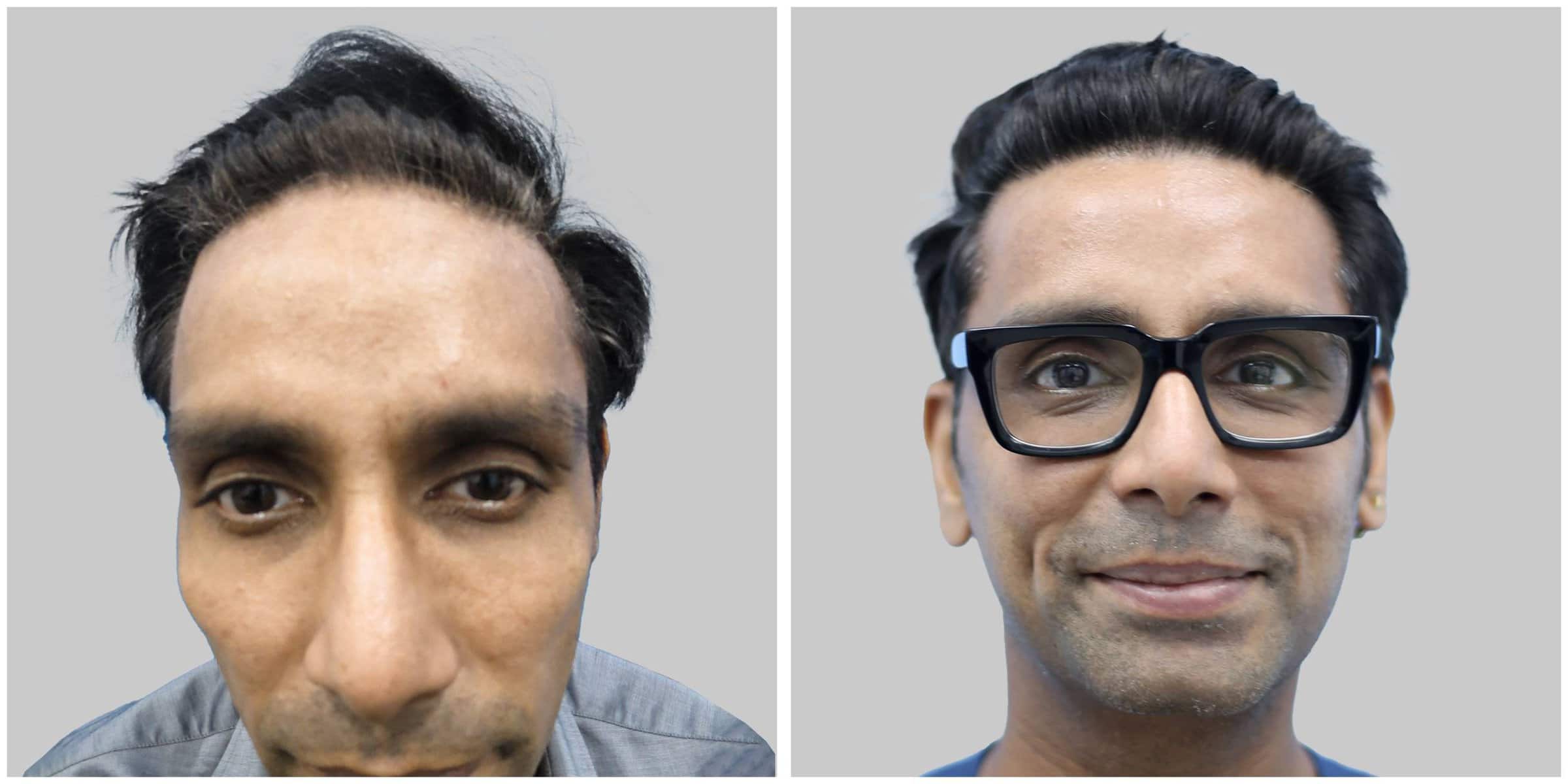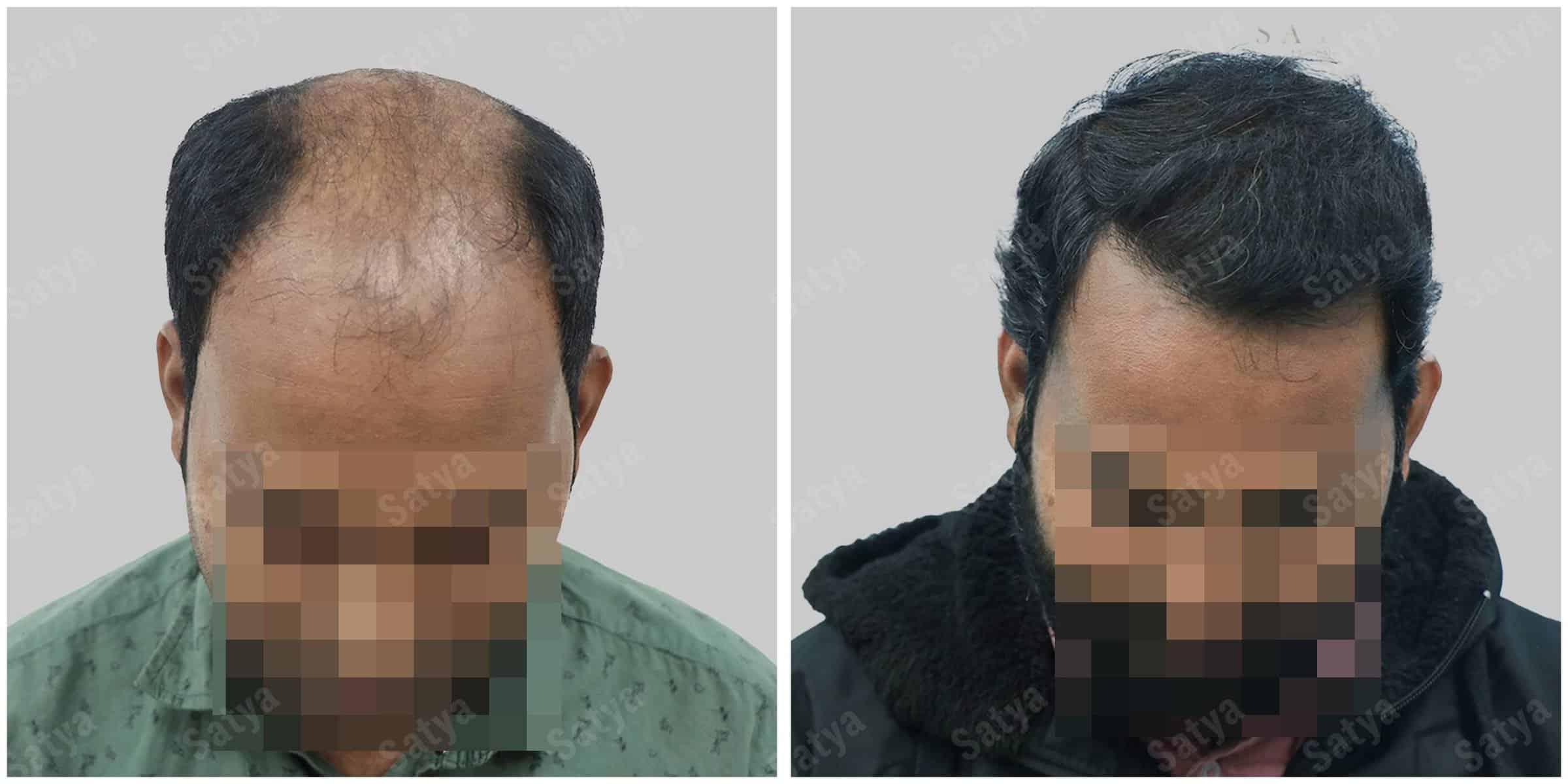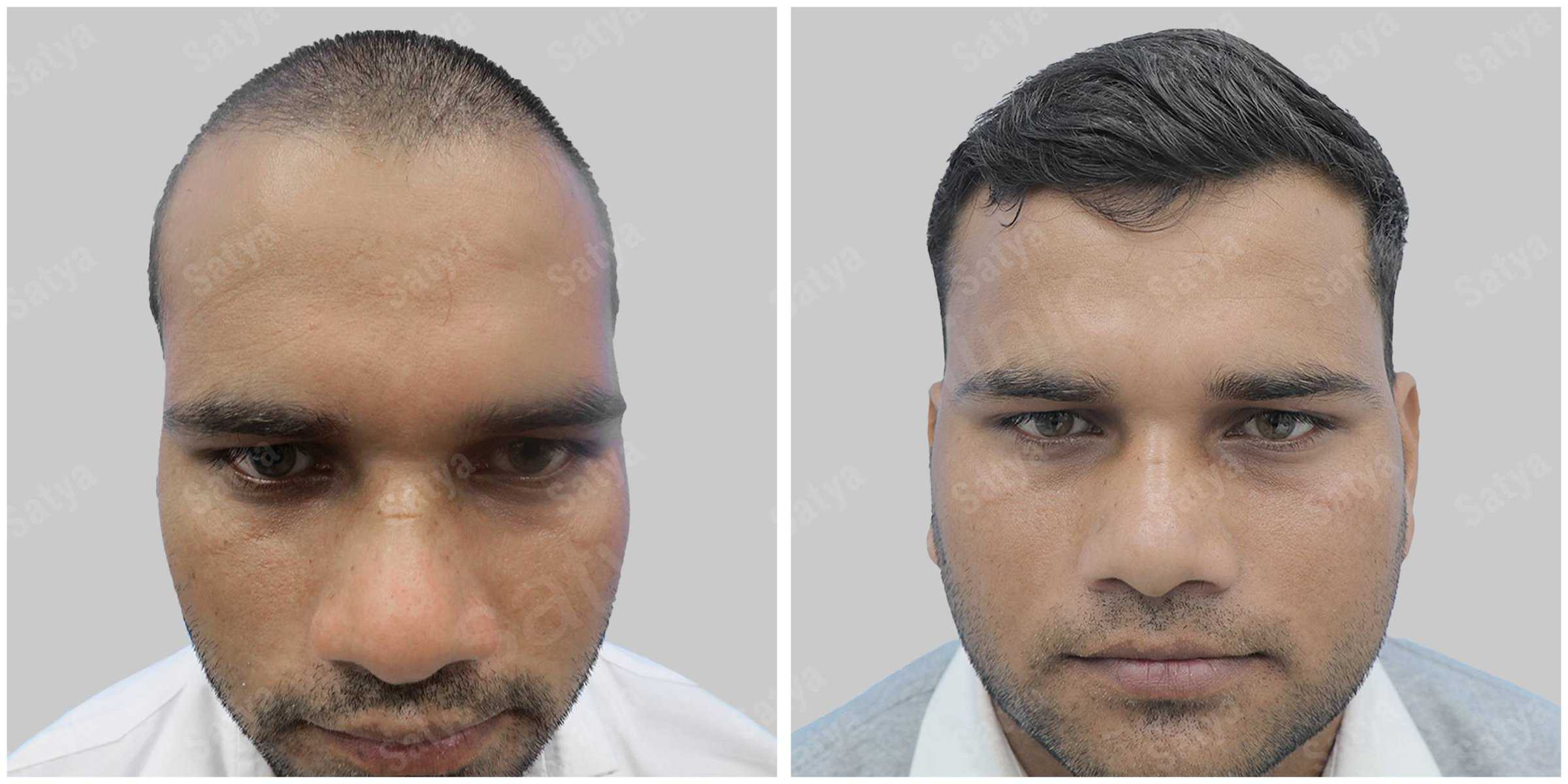What is a hair transplant?
Hair follicles from a donor site are extracted and transplanted to the balding area of your scalp, which is referred to as both the recipient and the donor site. Hair transplantation is a hair restoration technique. Hair transplants are used to thicken or replace missing hair in areas of the head that may be balding. The procedure involves transplanting hair from the thicker areas of the scalp to the balding or thinning area. Gurgaon is home to one of the best hair transplant clinics in the globe, which can assist you in locating potential solutions.
Numerous factors, such as heredity, food, stress, disease, hormone imbalances, drugs, and so on, might contribute to being bald. To ascertain the cause of your hair loss, it is therefore advised that you first speak with your doctor. The skilled staff of surgeons and hair specialists at Advanced Hair Studio thoroughly assesses each patient’s condition before recommending the best hair solution.
Many patients see significant hair growth in as little as 6 to 9 months, while some people need a little longer. A few adverse symptoms are normal in the early days following the treatment, but if they worsen or last longer than expected, it indicates that your transplant was not done correctly and you may be experiencing the aftereffects of a botched hair transplant.

The following are a few negative effects that could arise following the procedure:
Bleeding
Constant bleeding is an uncommon but probable adverse effect of a poorly executed hair transplant treatment. Simple pressure can stop some bleeding, but more work may be necessary to halt chronic bleeding.
Itching
Itching is a frequent problem that some patients report following a hair transplant—improper execution of the transplant results in serious side effects. The primary cause of itching is the formation of scabs, which can be eased with frequent shampooing. When the issue becomes intolerable, though, you should speak with a skilled hair specialist, a dermatologist, a skin specialist, or even your surgeon. You should be given specialized moisturizing oils by your surgeon and the professionals to help manage this problem.
Scarring
If you are prone to scarring, you should be concerned about this adverse effect. Typically, customers who are predisposed to the issue have scarring. It has been shown that certain customers have inherited tendencies toward extensive scarring. There is a 100% possibility that if your hair transplant surgery is performed incorrectly, you will have difficult-to-remove scars that remain after the process.
Pain
A painful result from the hair transplant operation is another frequent side effect. While most patients do not require any kind of medicine to relieve their pain, those who appear to be more impacted may utilize painkillers or other medications as recommended by their surgeon. Most of the time, this pain is very momentary and will go away as your scalp begins to normalize. On the other hand, if the surgery is performed incorrectly, the pain may be extremely strong, last a long time, and be difficult to bear.
Swelling
Although rare, swelling can harm your forehead and the area around your eyes if the hair transplant is not done properly. In some situations, the swelling may continue for two days or longer and may result in the development of a black eye.
Numbness
It’s normal to feel numb following the treatment. It typically happens in the donor area and might linger for roughly eighteen weeks. However, even after several weeks, this numbness won’t go away if you have a poor transplant. In this scenario, you should speak with your physician or the surgeon right away.
Thinning
After having a hair transplant, you will discover that your existing hair is becoming thinner. After your hair transplant procedure, the thickness returns in a few months as this is a typical postoperative state. If you use a hair loss treatment incorrectly, your hair loss problem won’t go away and you can even start losing more hair.
Infections
Infections following hair transplant surgery can sometimes happen, albeit they are uncommon. Antibiotics are administered both before and after the treatment to avoid infections, which is the major reason they do not happen more frequently. However, you received the wrong male hair loss treatment if you have any infections following the surgery.

Conclusion
With extremely few negative outcomes, hair transplants are a fairly safe surgery. Swelling, numbness, mild pain, itching, and restricted inflammation are typical adverse effects. However, they are transient. However, these are easily preventable if your surgeon is an experienced one and you have good communication with them during the transplant process.
Would you be experiencing these more severe side effects from your hair transplant, it may indicate that your hair transplant was not done correctly. This is why picking a seasoned surgeon from a reputable hair clinic is crucial. A group of extremely skilled medical and non-medical specialists at Advanced Hair Studio have been providing effective hair loss treatments for both men and women, as well as a range of hair restoration techniques, to those who are having problems with hair loss.
You should go for a trustworthy name such as Satya Hair Solutions which has been providing reliable hair loss solutions and hair transplant in Delhi. Satya Hair Solutions is serving its clients with effective hair loss solutions for more than 20 years.
Book an appointment
Consultation

Repair

Blog

Galleries





